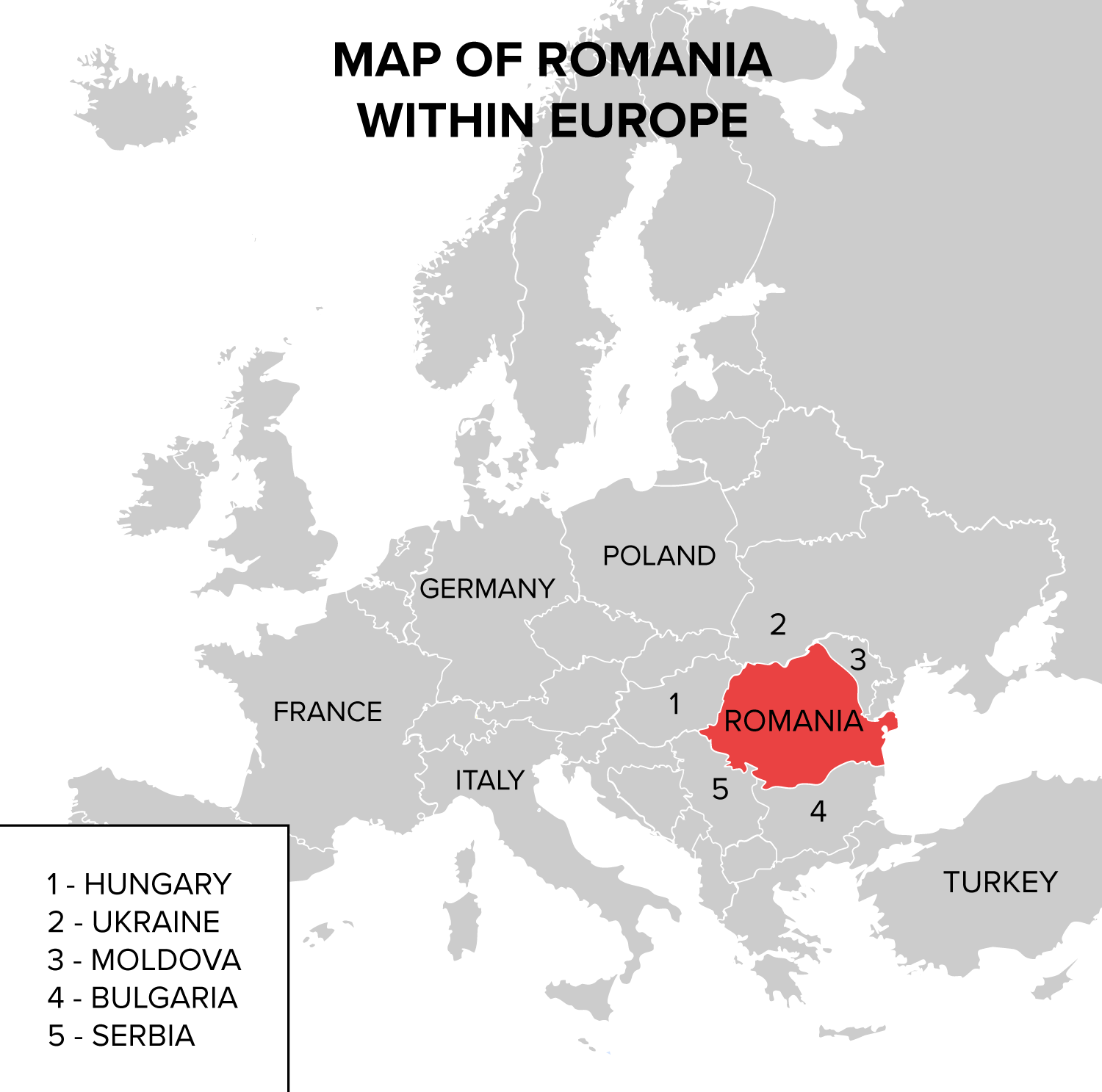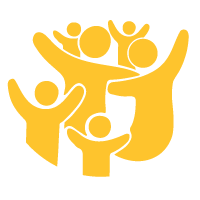
This page contains key facts and figures about Romania, which will help you prepare for potential resettlement to the country.
It is important to remember that resettlement is a lengthy process, and the final decision is with the Government of Romania. UNHCR has no influence in the decision process.
If you agree to be submitted to Romania, you will undergo an interview with the Romanian authorities. UNHCR will then be notified of the final decision.
The time from acceptance to departure can vary. However, the Romanian authorities are ready to welcome resettled refugees once international protection is granted, travel documents are issued and flights are arranged.

Basic facts

Romania is located in south-eastern Europe, and is a member of the European Union. It has a population of around 20 million and its capital and largest city is Bucharest. Romania is known for its rich history and beautiful natural landscapes, including the Black Sea and the Carpathian Mountains.
As a secular state without an official or state religion, Romania enables its residents to freely practice their own religion and comply with their own beliefs.
Did you know?
- The Romanian city of Timisoara was the first city in Europe to have electric street lighting, which was installed in the late 19th century.
- Bucharest’s mass transit network is the fourth largest in Europe.

Living in Romania
As a resettled refugee, you will have the right to work and to contribute to your new society. You will be assisted to integrate into your community in Romania, including through Romanian language courses and cultural orientation.
To learn more about the process of resettling to Romania, watch the video below featuring Zen, a Syrian refugee living in Romania.
“From my personal experience in life, I have never felt humiliated or threatened in Romania, as I had felt elsewhere. It gives you a good feeling, like OK, I am safe here… I would consider Romania as my new home.”
– Zen, a refugee living in Romania

Frequently asked questions about Romania
Will I receive any assistance in Romania, and for how long?
Upon arrival in Romania, you will receive 45 days of post-arrival assistance, followed by integration services which will be available to you up to one year.
The post-arrival assistance includes, among other benefits:
- Supporting you with the administrative procedures;
- Supporting you in accessing medical, social and education services;
- Supporting you in finding accommodation;
- Providing you and your family with an installation package with food, basic clothing or other items necessary for each person;
- Coverage of your local public transport needs for 45 days;
- Facilitating your communication with representatives of your community; and,
- Facilitating your communication with local authorities and non-government organizations.
During the integration programme (which lasts for 6 months with the possibility to be extended to 12 months), all refugees benefit from Romanian language courses, monthly financial assistance (dependant on active participation in the integration programme), coverage of medical insurance, and cultural orientation programmes.
Will I have the right to work?
Yes, you will have the same right to work as Romanian citizens. No further authorizations will be required.
Will I have access to healthcare in Romania?
Yes, you will have the same access to healthcare as Romanian citizens. Under Romanian law, individuals with certain illnesses or conditions, such as diabetes and tuberculosis, as well as children and pregnant women, benefit from treatment free of charge. If you are outside these categories, you will pay a small healthcare contribution of 20 euros per month in order to benefit from services and treatment under the national healthcare system.
Do my children have access to education?
Yes, your children will have access to education. Children must be enrolled in school, depending on their age and prior education level.
Can I practice my religion in Romania?
Yes. As a secular state without an official or state religion, Romania enables its residents to freely practice their own religion and comply with their own beliefs.
Can my family members join me later?
Yes, Romanian law allows immediate family members to later join refugees who have been resettled in Romania.
This includes:
- Married partners;
- Children under 18 and parents of children under 18;
- Children over 18 if they are single and unable to support themselves for medical reasons; and,
- Parents and parents-in-law of adult legal residents if they are unable to support themselves and if they lack family support in their country of origin.
In such cases, you will need to prove that you have sufficient income and appropriate accommodation to support your family member in Romania.
Can I eventually apply for Romanian citizenship?
Yes, refugees can apply for Romanian citizenship after being in Romania for at least four years. Applicants will need to meet a number of conditions, including a good level of integration, a history of good behaviour (no criminal record or a record with only minor offences), and possession of an income.

Additional information
For more information, please read this introductory leaflet on the “first steps” of life in Romania.
